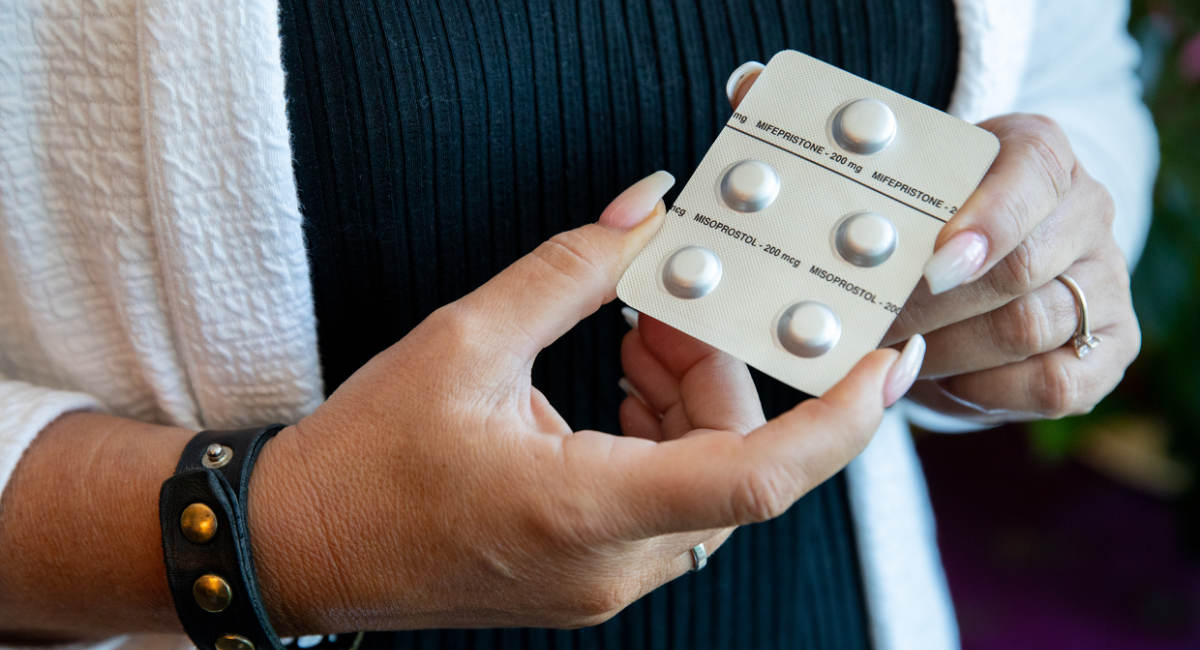A ruling by a North Carolina judge overturning part of a state law regulating chemical abortions, while upholding others, has been made permanent.
At the end of April, Judge Catherine Eagles granted a partial victory to Amy Bryant, an abortionist who had sued the state, claiming its regulations on chemical abortions exceed guidelines from the Food and Drug Administration (FDA). Eagles allowed abortion pills to be prescribed by non-physicians, to be taken at home, and eliminated the requirement of a follow-up appointment. However, Eagles also allowed certain state requirements to stand: mandating in-person consultation 72 hours before an abortion, an in-person examination prior to abortion, and a pre-abortion ultrasound.
North Carolina Attorney General Josh Stein publicly refused to defend the law after Bryant’s suit, forcing state legislators to intervene instead. Stein also publicly rebuked the law after Eagles’ initial ruling. “The court held that parts of North Carolina’s anti-abortion law that make it harder for women, especially in rural North Carolina, to get medication abortion are unconstitutional,” he said. “Republican legislators enacted the law to control, not protect, women.”
In reality, however, the abortion pill carries four times the risk of a surgical abortion.
Eagles entered her injunction June 3rd, making her prior ruling permanent. Stein again released a statement slamming the law, and praising Eagles for blocking part of it.
“Republican lawmakers enacted SB20 to control women,” he claimed. “Their sloppy, chaotic law violated women’s constitutional rights and made it harder to get a safe, effective medication abortion. I fought back against the unconstitutional parts of the law that made it harder for women – especially in rural parts of the state – to get the health care they need. I’m proud to defend women’s reproductive freedoms and pleased that this ruling helps women regain some control over their personal health care decisions. Politicians need to stay out of the exam room and leave these decisions to a woman and her medical provider.”
For her part, Bryant was not fully pleased, saying, “While the ruling still leaves in place some inappropriate restrictions that are not evidence-based or medically warranted, it will allow for increased access to safe and effective medication abortion care throughout North Carolina.”
North Carolina Values, a pro-life Christian organization, released a statement warning that women’s lives will be at risk due to the ruling.
“This decision lowers the standard of care for women, allowing dangerous DIY in-home abortions which statistically causes complications in one out of five women,” NC Values Executive Director Tami Fitzgerald said. “Easily obtained chemical abortion drugs are also used by human traffickers and domestic abusers who force abortions on their victims which is happening all over the United States. The decision also strikes down reporting requirements for non-fatal complications from the drugs, which conceals dangerous complications and side effects of abortion drugs. This decision puts women’s health and safety at risk so the abortion industry can fast-track dangerous chemical abortions and maximize profits.”
She concluded:
In-home abortions leave women and girls to give birth to their dead babies at home alone without the assistance of a doctor, often long after the 10-week limit the FDA recommends. They are not prepared for the emotional trauma or any medical complications that result.
It is reckless to not require follow-up visits to check on the physical and mental health of the post-abortive woman. Attorney General Josh Stein joined legal forces with pro-abortion advocates to ensure the abortion industry makes as many quick sales as possible on abortion drugs while putting the health and safety of women in crisis at risk.







